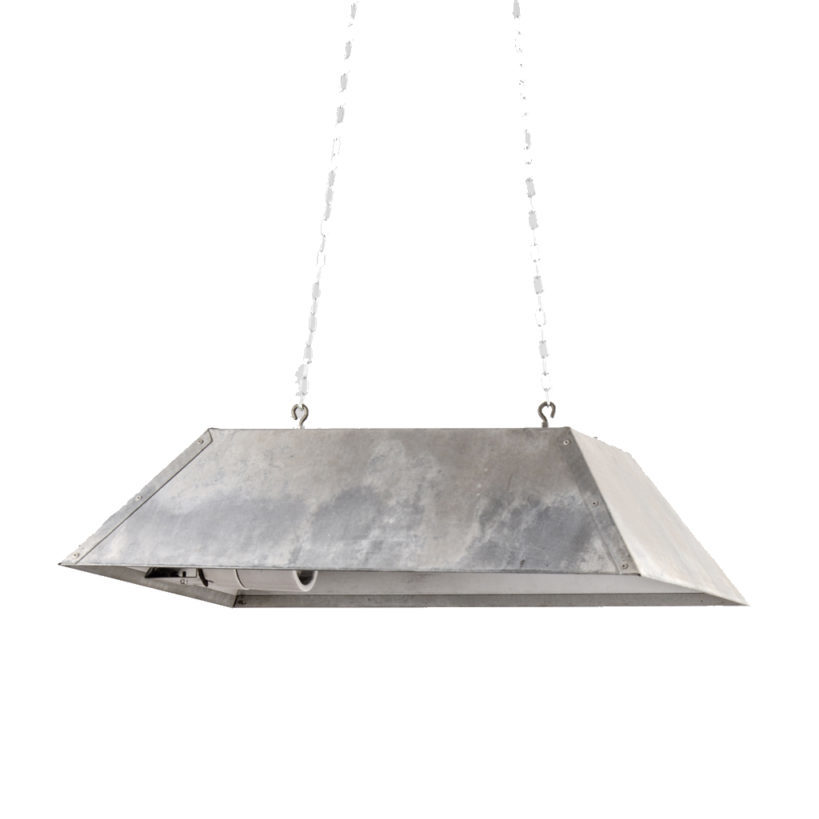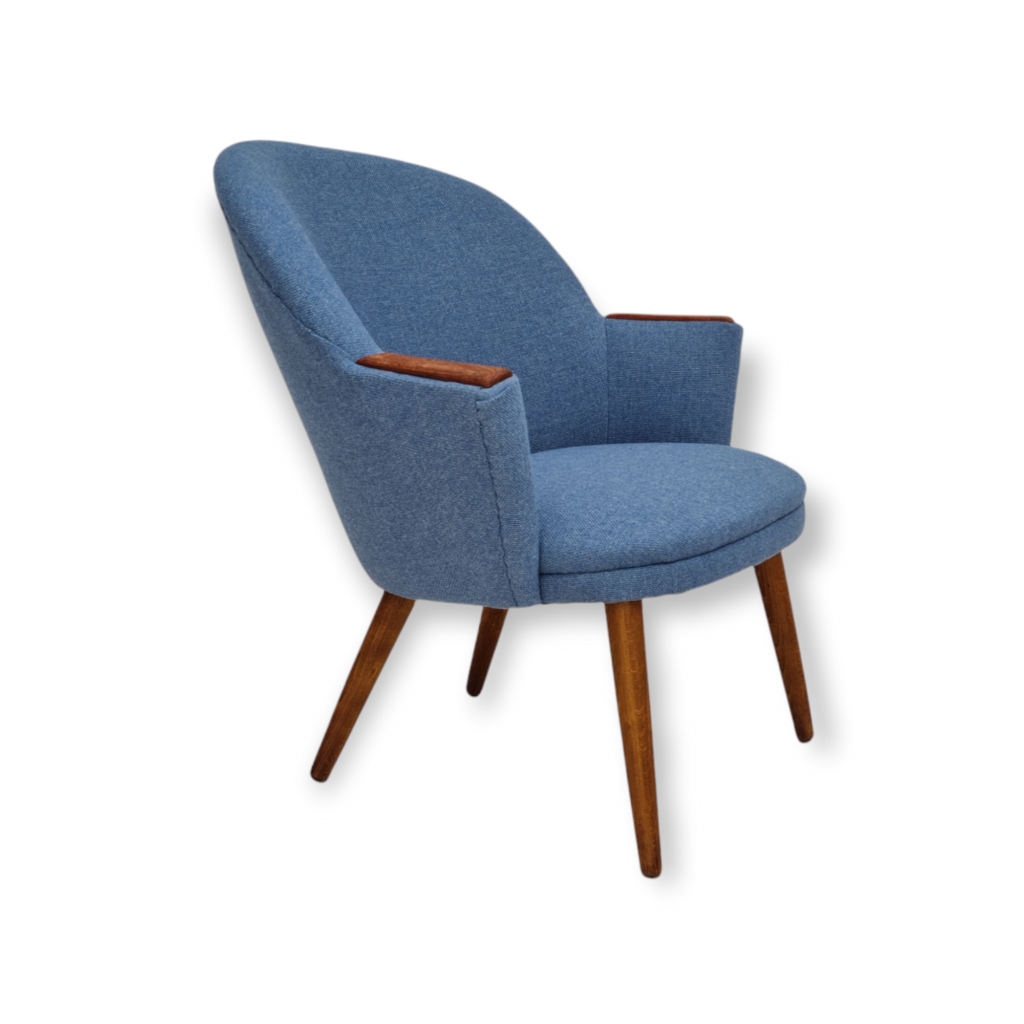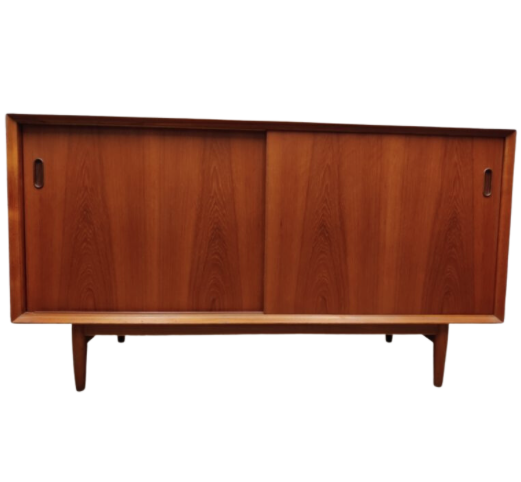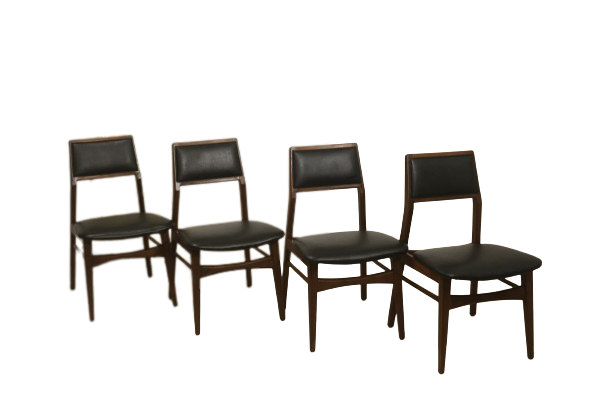Happiness is a good space
'Good design' is very subjective when it comes to space and how it makes a person feel. I think good design of a product can be developed for a population, but good design of a home or workplace is much more individualistic. I guess I can be proven wrong by looking at the millions of 'McMansions' built here in the US, but look inside these places and you'll see that each occupant lives in them differently. Reactions to color, texture, lighting and even the function of space varies a lot, not just culturally, but person to person.
To my mind if a home makes it's occupants happy, then it is a good design even if I hate it. I have seen the inside of a lot of people's homes in my work and most of them horrify me with their clutter and over-decorated-ness but many of the people are just thrilled with their homes. As the saying goes "to each their own".
And that's just a home, never mind the various reactions you get to the design of buildings, cars or clothing. I guess what I am attempting to say is that what is a good design to you may be total crap to the guy standing next to you. How can we all agree on what a good design is? Only like minded individuals could form an agreed upon criteria.
Happiness is as good as any other design goal...Pt. 1
if it is pursued authentically--at least for an American.
America is the only state in the world that I know of that actually is founded in writing on "life, liberty and the pursuit of happiness." And you know what? When we held that up to the world and tried however misguidedly and at times disingenuously to live up to that wording, we were a legitimate beacon of hope to the world that people could self govern to a new, better society that could indirectly make the world a better place. It put our flawed, often confused human hearts in a right place, at least, whether we bungled it or not, or whether the monsters among us got control temporarily.
Now its historically accurate that the original draft read "life, liberty and the pursuit of property." and it appears true that alot of the propertied founders of America had incentivised colonists participation to fight in the revolution with the promise of free land. And its true that they welched on most of those promises. And its true that they welched on those promises, because alot of the founders wanted to keep the "property" gained by the revolution for themselves (George Washington reputedly being one significant example). And its true that Jefferson, or Madison, I forget which, substituted "pursuit of happiness" for "pursuit of property", because they were afraid it would force them to have to honor their promise of distributing alot of free land to the revolutionary war veterans. And its probably true that they substituted "pursuit of happiness", not out of the goodness of their hearts, but because it sounded good and they thought happiness didn't cost anything to promise.
But here's the thing: the idea of "the pursuit of happiness" turned out to be a fantastically robust and enduring expression of the human spirit and will. It turns out people really did want to be happy and IN A BIG WAY. And it turns out binding happiness up with the notion of a life with liberty became one of the real cornerstones of the American identity. IT became a precept for our society. "Don't tread on me" morphed into "I aim to be free and happy in spite of all you oppressive sonsuhbitches."
Happiness is as good as any other design goal...Pt. 2
Happiness fused with freedom is a powerfully affirmative concept. Its something most people can't help but live for. "Give me liberty or give me death" means "I want a life with all the social relationships, religious beliefs (or lack thereof), goods and services, beliefs and values I prefer and I want it all without anyone telling me how to consume them and I DON'T want some knob of an aristocrat telling me what class to be in and to whom I have to bow." They can have their elite little clubs, but they can't tell me to bow or curtsy and they can't make me a second class citizen. Its an invigorating, powerful idea--happiness combined with freedom. It makes any person, any color, and gender preference, any level of wealth (except maybe the top 1 percent), stand up a little straighter and walk with a little more confidence. Yes it oversimplifies things, but all concepts do. Yes, it relies on human nature to be able to solve a lot of design problems without a nanny referreeing. Yes, it predisposes us to undervalue collective social costs of free behavior, but, really, what's the freaking BETTER alternative? "Life, hamstrung bureacracy and the pursuit of melancholy?"
Now compare "life, liberty and the pursuit of happiness" to say, something contempo, like "fear, the end of habeaus corpus and the acceptance of torture."
Which do you think you should design to?
Definitely hold happiness close to your breast. Anyone who tries to suggest you should have less of it for the common good just wants more of something you probably already have in too short supply.
If you need any help, please contact us at – info@designaddict.com









